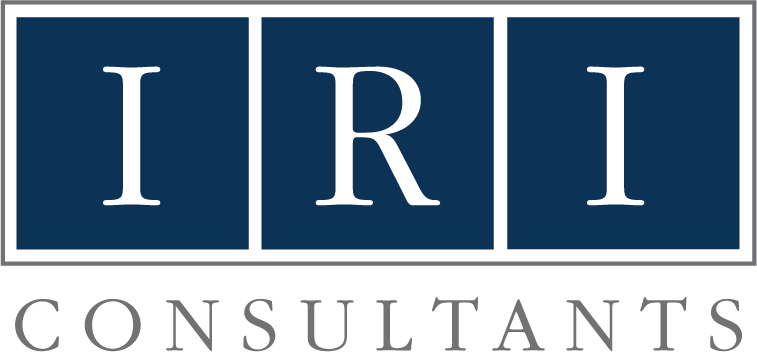Transforming an organization's culture is a multifaceted process that requires careful planning and active engagement from leaders at every level. Since cultural change is vital for maintaining competitiveness and fostering innovation, organizations must employ both strategic planning and implementation. The effective engagement of employees in this transformative process is essential to achieving success. Presented here are key strategies to facilitate cultural change within your organization.
Communicate the Vision Clearly
Start by articulating a clear and compelling vision for the future. Explain why the change in culture is necessary and how it will benefit all stakeholders who touch the organization, both internally and externally, including employees. Use all available channels to communicate this vision, such as town hall meetings, newsletters, videos, and one-on-one conversations. It’s important to address the "why" behind the culture change, as understanding the purpose significantly increases buy-in from employees.
Regular updates are essential to keep everyone informed about the progress of the transformation. Culture change takes time. It does not take place quickly. Ongoing communication should highlight milestones, celebrate successes, and address any challenges or concerns that arise. By keeping the lines of communication open, ensure employees feel included and valued throughout the process.
Foster a Culture of Inclusion and Collaboration
For cultural change to take root, it’s essential to create an environment where employees feel included and empowered to contribute. A collaborative culture not only boosts morale but also fosters innovation and engagement.
Encourage open dialogue and feedback by creating safe spaces for employees to share their thoughts and ideas. This can be achieved through regular team meetings, brainstorming sessions, and anonymous feedback channels. Listening to employees and acting on their suggestions demonstrates that their input is valued and can lead to meaningful improvements in the transformation process.
Leadership plays a pivotal role in fostering this inclusive culture. Ideally, leaders model the behaviors and values that align with the new culture, demonstrating commitment and leading by example. When employees see their leaders actively participating in the change, they are more likely to follow suit.
Additionally, cross-functional teams can be a powerful tool in driving cultural change. By bringing together leaders from different departments and levels, you drive a sense of unity and collaboration that transcends traditional silos. These teams work on specific projects related to the transformation to take ownership.
Provide Support and Recognize Contributions
Supporting employees through the transition is crucial for maintaining momentum and ensuring long-term success. This support can take many forms, from training and onboarding to recognition and rewards.
Offer training programs that equip employees, including new hires, with the skills and knowledge needed to thrive in the new cultural environment. This might include leadership development, communication skills, or specific technical training related to new processes and systems. Providing these resources shows that the organization is invested in the personal and professional growth of its employees.
Recognition and rewards are powerful motivators during cultural change. It is essential to update formal processes to reinforce the desired behaviors in alignment with the vision. This recognition can be formal, such as awards, bonuses and promotions, as well as informal, like a simple thank-you note or public acknowledgment in meetings. Celebrating small wins and milestones keeps morale high and reinforces the desired behaviors and attitudes.
Betsy Winkler — Consultant, IRI Consultants
